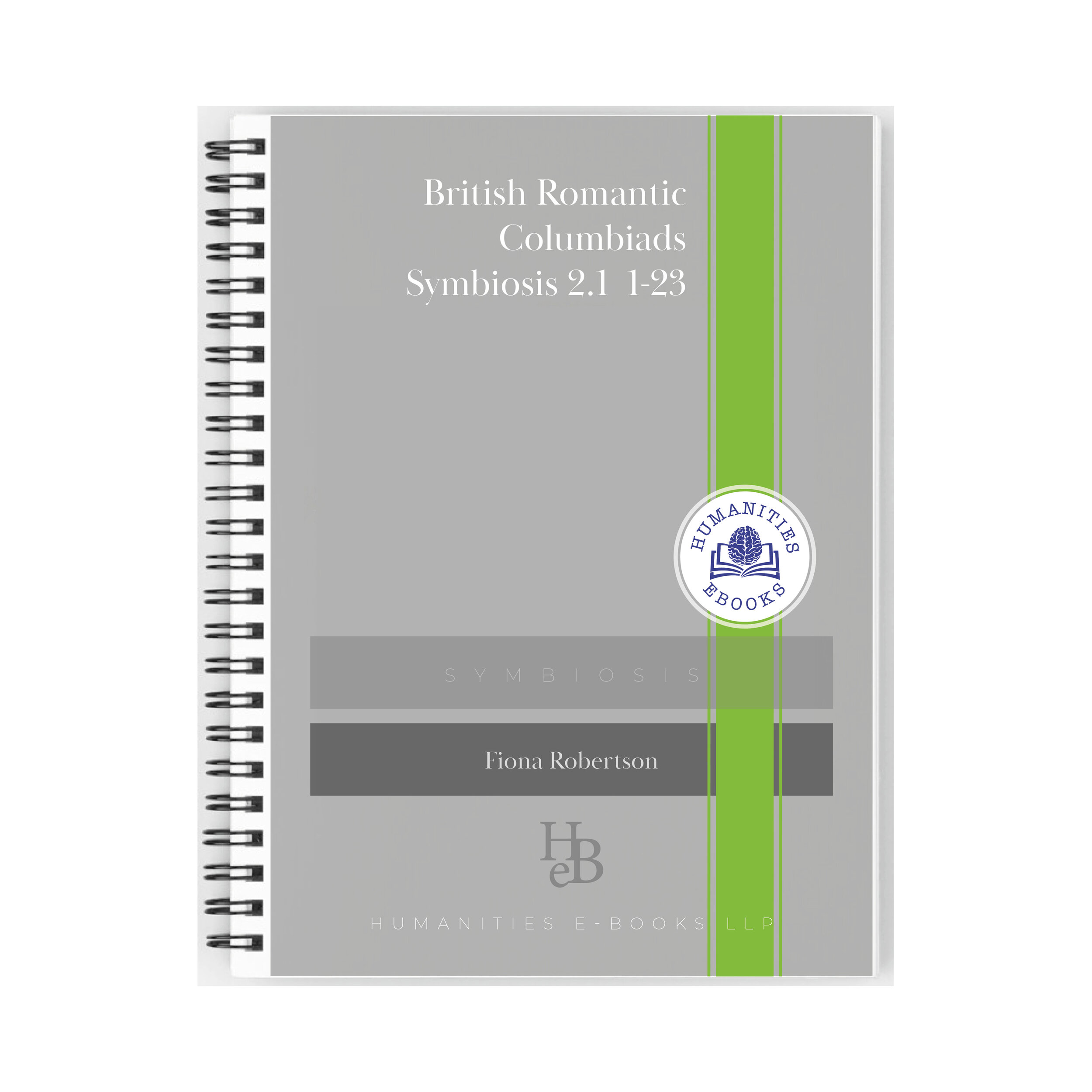 Image 1 of
Image 1 of


Work Unbartered: Labour and Time in Pounds Cantos of the late 1930s Symbiosis 1.2 159-172
Author: Ian F. A. Bell
Pages: 15
Ian F. A. Bell's essay explores the themes of labor and time in Ezra Pound's Cantos of the late 1930s, focusing on how these elements reflect broader historical and economic concerns. Bell examines Pound's depiction of labor through various historical contexts, including the founding of the Monte dei Paschi bank, reforms in Tuscany, and the history of China and America. The essay highlights Pound's critique of economic and linguistic corruption and his vision of a more equitable system based on natural abundance and precise language.
Author: Ian F. A. Bell
Pages: 15
Ian F. A. Bell's essay explores the themes of labor and time in Ezra Pound's Cantos of the late 1930s, focusing on how these elements reflect broader historical and economic concerns. Bell examines Pound's depiction of labor through various historical contexts, including the founding of the Monte dei Paschi bank, reforms in Tuscany, and the history of China and America. The essay highlights Pound's critique of economic and linguistic corruption and his vision of a more equitable system based on natural abundance and precise language.
Author: Ian F. A. Bell
Pages: 15
Ian F. A. Bell's essay explores the themes of labor and time in Ezra Pound's Cantos of the late 1930s, focusing on how these elements reflect broader historical and economic concerns. Bell examines Pound's depiction of labor through various historical contexts, including the founding of the Monte dei Paschi bank, reforms in Tuscany, and the history of China and America. The essay highlights Pound's critique of economic and linguistic corruption and his vision of a more equitable system based on natural abundance and precise language.
 
"Pound’s vision of 'work unbartered' speaks to his broader critique of economic systems that value profit over genuine human labor." |





